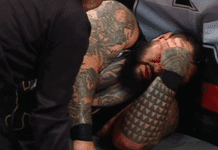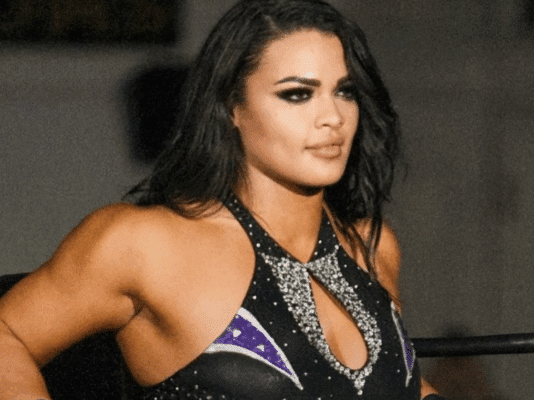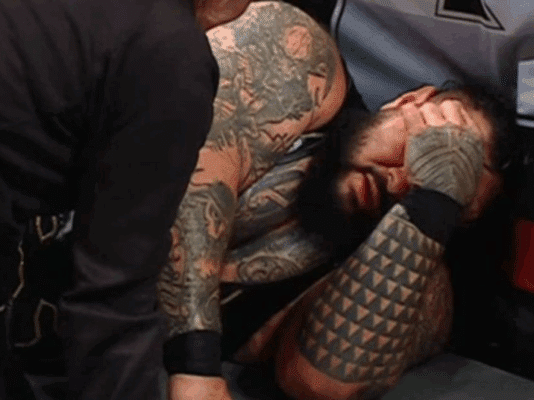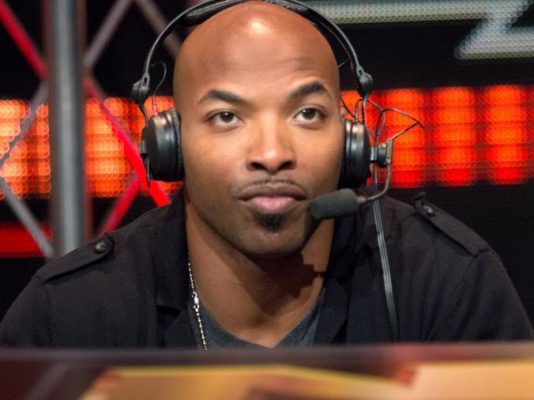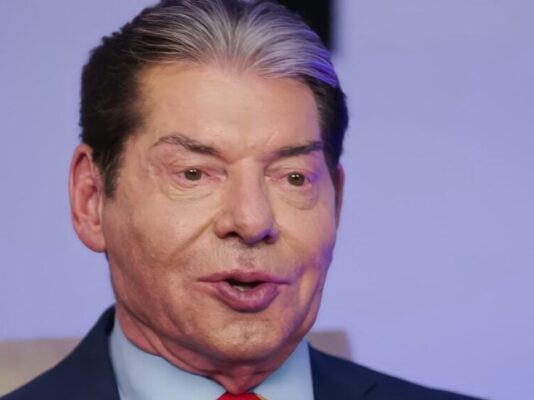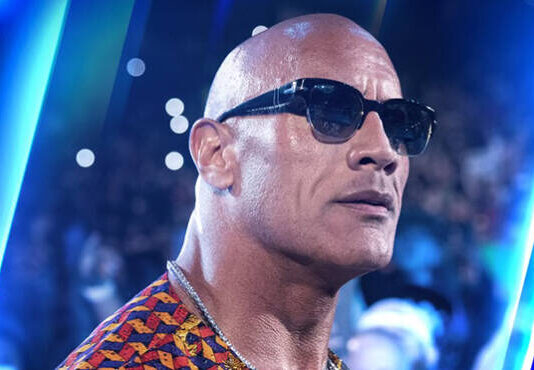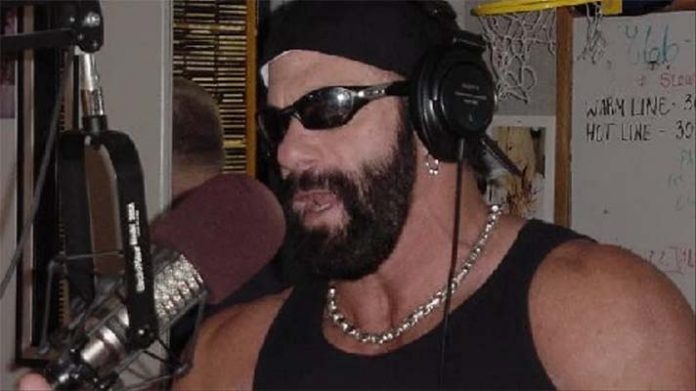
WWE Hall of Famer Jeff Jarrett, who is also All Elite Wrestling’s Director of Business Development, took to an episode of his “My World with Jeff Jarrett” podcast, where he talked about a number of topics including Randy “Macho Man” Savage as a person.
Jarrett said, “If we’re just playing, I’d say ‘competitor.’ Like, an intense competitor. It’s hard to put it into words, and you know, there’s many people that have met Randy for the first time…. later, they’d be like, ‘Hey man, he really talks that way. He’s really that intense.’ But Randy, I can’t come up with enough adjectives, and like I said earlier, as I was reading the research on this last night. And then this morning, when I was doing cardio and just thinking about different things, and how much my father respected Randy. And then I started thinking about Eddie Marlin, my grandfather on the other side of my family, how much he respected him, and then my grandmother Christine.”
“And it’s hard to kind of go back into this era, and people that are listening to this that are new fans and even old fans. I mean, Conrad you’re a historian, but — and I know with JR, and Bruce, and Tony and others that go back to the early 80s and certainly into the 70s., it’s it’s almost like it’s a completely different world as we as it relates to professional wrestling. Because before cable TV, and just how the business was run on a handshake deal, and the touring champions and all that. But Randy, they just broke the mold, and he was such a unique human being which obviously made him an incredibly unique professional wrestler. And at his very, very core, that’s what I think about. Randy would compete playing cards, having the best match, running a business, try to beat you to the town. He wanted to get his bag first. I mean, he competed at everything. You know, you hear legendary stories about Michael Jordan wanting to compete in everything, and hated to lose. Randy, super intense. Just an incredible, incredible competitor. And I think at the very top of the list that’s one of the things, if not the biggest thing, that I respect Randy and learned from that.”
On what he learned from Savage in WCW:
“Here’s a little story behind the story, one of those tidbits of — a memory came back last night. So you know, I have talked here about — and I’ve done different interviews, but certainly on the podcast, ‘Oh, what’s the difference,’ and all this. Randy’s — I mean, I don’t want to say it was the first Nitro idea, but it was early. And we called up, and, ‘Hey, man, how is everybody?’ And he would tell me how much he respected. And he would tell some different stories, and he would ask, ‘Whatever happened this guy or that guy.’ Anyway, we would just kind of catch up. But Randy — if he wasn’t the first, he was certainly the most direct in that, ‘This place [WCW], it’s not like any place you’ve ever worked before. You better watch out, you better look over your shoulder. There’s not one boss. It’s a corporate environment. It’s a different set of rules, a different set of circumstances. Anything you learned about the territories, kiss it goodbye. This ain’t working for Vince McMahon. It is a dog-eat-dog world.’”
“And it came with an extra dose of — on the one hand, you could say paranoia. But on the other hand, it is an extra heaping dose of compassion and desire and competitiveness. He absolutely read the room right. Now two sides of that: yes, I think Randy at times may have been paranoid. But he also — you know, as I’ve learned through life, how are you going to argue with success? Randy was successful at both places, and made a lot of money. But as time went on, I think the marriage took its toll in so many different ways. And that’s not what this podcast is about at all, but that I felt, for sure, weighed on Randy’s heart. I think this is the beginning of all those kinds of life events. Life hits hard, life hits fast, and life hits unapologetic. And I think that as we have the luxury of looking, hindsight’s 20/20, these are the early days. But Randy, again, was really good to me. But he’s the one who really spelled it out for me on my first run in WCW: ‘You’re working in a corporate environment, and they’re snakes every year.’”
You can check out the complete podcast in the video below.
(H/T to 411Mania.com for transcribing the above quotes)

